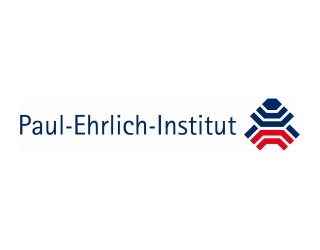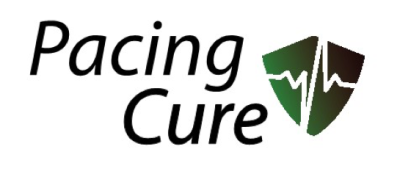Lentiviral biological pacemakers
In LentiPace II, PacingCure B.V. will work with the Amsterdam and Leiden University Medical Centers, and the Paul-Ehrlich-Institut, on developing gene therapy-based biological pacemakers for patients with bradycardias.
Current state-of-the-art treatment is implantable electronic pacemakers which, while having gone through more than 50 years of evolution, still come with many problems that impact negatively on the lives of millions of patients who need a pacemaker. These problems are challenging to solve because they stem from the fundamental design of electronic pacemakers. This technology leaps beyond state-of-the-art, finally allowing to solve these problems by replacing electronic pacemakers with a hardware-free, biological treatment. The novel therapy provides improvements in quality of life (generating robust sensitivity to autonomic modulation, optimal cardiac output, and is devoid of hardware-related complications), at a reduced cost to society.
The biological pacemakers help to restore electrophysiological properties required for the maintenance of adequate and efficient cardiac contractions. It utilizes gene therapy vectors to deliver therapeutic ion channel proteins to restore the function of the heart’s natural pacemaker and conduction system. This gene therapy product will be administered via a minimally invasive transvenous procedure, employing clinically-approved injection catheters. By using lentiviral-based vectors, pacemaker function can exhibit a permanent (i.e., life-long) effect, carrying the potential to cure the diseased pacemaker and conduction system. The result is a more effective, more durable, and safer treatment whose monitoring requires a less complex and costly infrastructure.
This joint effort builds further on earlier published animal models that demonstrated clear proof-of-concept and forms the missing link in translating non-clinical studies towards clinical testing and application. Successful completion of large animal studies will be followed by interactions with regulatory authorities to initiate a first-in-human clinical trial.
This collaboration project is co-funded by the PPP Allowance made available by Health~Holland, Top Sector Life Sciences & Health, to AMC to stimulate public-private partnerships. For questions, please contact AMC directly via the following email address tki@ixa.nl.




